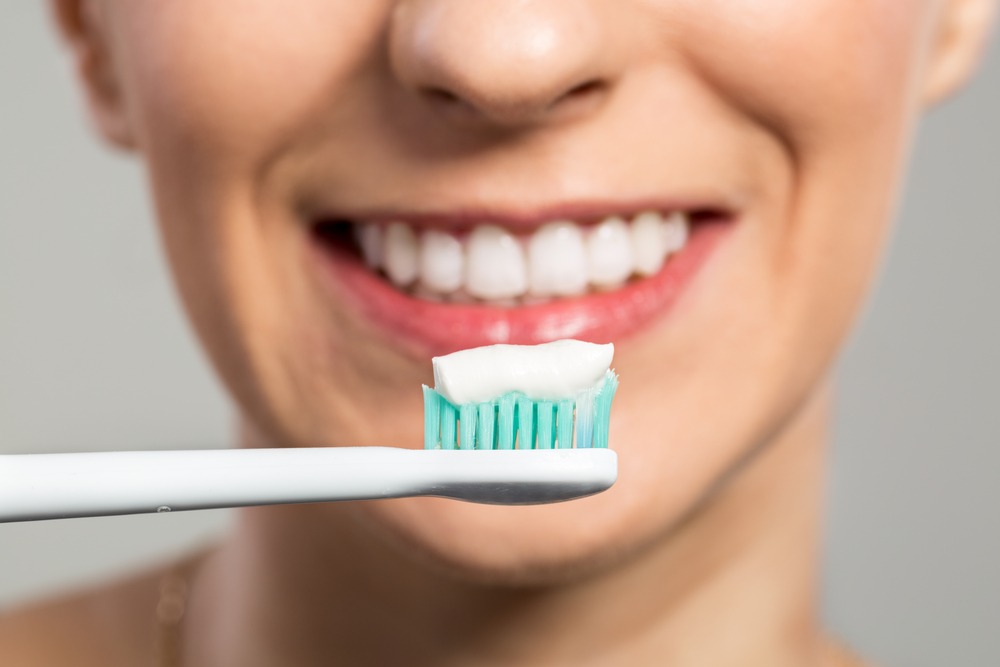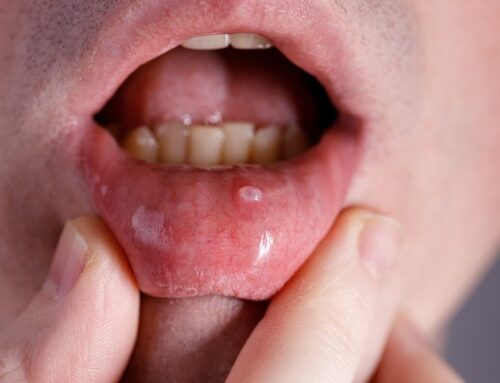Have you ever experienced pain in your teeth when they are exposed to heat, cold, sugar, or acid? An estimated 40 million Americans suffer from sensitive teeth, and if you’re one of them, you are no doubt looking for some relief. If you can’t fully enjoy foods like ice cream and hot soup because of your tooth sensitivity, you may have considered switching to an anti-sensitivity toothpaste. But do these toothpastes work? The team at ZDental has some information for you about anti-sensitivity toothpaste.
What Causes Sensitive Teeth?
If your teeth are sensitive to hot, cold, sugar, or acid, it may be because your dentin is exposed. The teeth are covered by a hard layer known as the enamel that protects the softer material underneath known as dentin. Dentin is soft and porous, and it surrounds the nerves in your teeth. When enamel becomes worn or cracked, it allows substances in your mouth to directly contact those nerves, causing pain.
Do Anti-Sensitivity Toothpastes Work?
For most people living with minor to moderate tooth sensitivity, switching to an anti-sensitivity toothpaste can reduce the pain and discomfort they feel. These toothpastes work by utilizing active ingredients that either numb the uncomfortable sensation or fill in the pores that leave tooth nerves exposed. While you won’t feel a difference immediately after switching, by using anti-sensitivity toothpaste every day, you should notice an improvement after a few weeks.
Anti-sensitivity Toothpaste Active Ingredients
Toothpastes that reduce sensitivity include one of three active ingredients:
- Potassium Nitrate – This ingredient works by calming the nerves. Potassium ions in the toothpaste can prevent nerves from sending pain signals to the brain.
- Stannous Fluoride – The fluoride treatments you receive at the dentist work by fortifying the tooth enamel, creating an artificial protective layer that covers the dentin. Stannous fluoride works exactly the same way. This mineral covers the pores in the dentin so the nerves are not exposed.
- Strontium Chloride – This silvery metal has been shown to relieve pain from tooth sensitivity and was the first ingredient used in anti-sensitivity toothpaste. Unfortunately, the dental community has determined that strontium chloride may not be safe for consumption, which is why most brands no longer include it in their formulas.
Toothpaste containing potassium nitrate and stannous fluoride should be effective in reducing tooth sensitivity for most people; however, it is important to recognize that tooth sensitivity could indicate more serious problems and it should not be ignored. Your tooth enamel could be significantly worn, you could have a cavity, chip, or crack in your tooth, or you may be suffering from the early stages of gum disease. If you have sensitive teeth, be sure to speak with your dentist about the problem so you can develop a treatment plan. It may be that you simply need a filling or fluoride treatment, or that a root canal will solve your sensitivity issues. If your dentist doesn’t notice any major issues, they may recommend an anti-sensitivity toothpaste.
Don’t suffer with sensitive teeth! You don’t have to avoid ice cream and other foods you love. Schedule an appointment with your dentist today and get on the path to reducing sensitivity. Residents of Pennsylvania and New Jersey can get in touch with ZDental today. We have 7 locations in the greater Philadelphia area to serve you, so visit our contact page to find a list of our clinics if you need a dentist in Vernon, NJ, or anywhere else nearby.







Leave A Comment